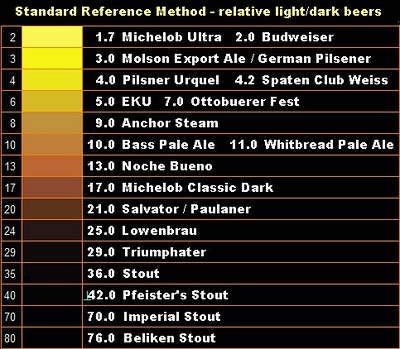BoomerHarley
Well-Known Member
I just got the results back from my latest contest. I didn't expect to win. But I did expect some sort of useful comments. Something I could use to improve my beer. Instead, what i got was one judge telling my the beer was too hoppy while the next says not enough hops. One saying nice and crisp, the other saying not crisp enough. Too bitter, not bitter enough. It's like they were tasting different beers (they weren't).
I am losing faith in the BJCP certification system. I literally have no idea whether my pilsner was overhopped or underhopped. Was my helles too sweet or not sweet enough? Too bitter? Not bitter enough?
It's ridiculous. Hell, I might as well just throw a contest and invite random street people to judge it.
I am losing faith in the BJCP certification system. I literally have no idea whether my pilsner was overhopped or underhopped. Was my helles too sweet or not sweet enough? Too bitter? Not bitter enough?
It's ridiculous. Hell, I might as well just throw a contest and invite random street people to judge it.





